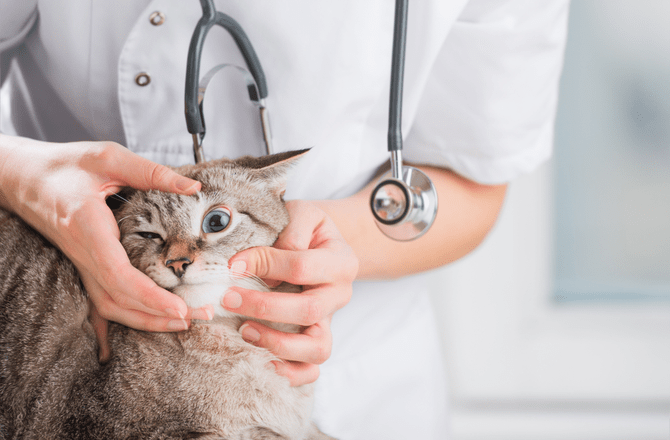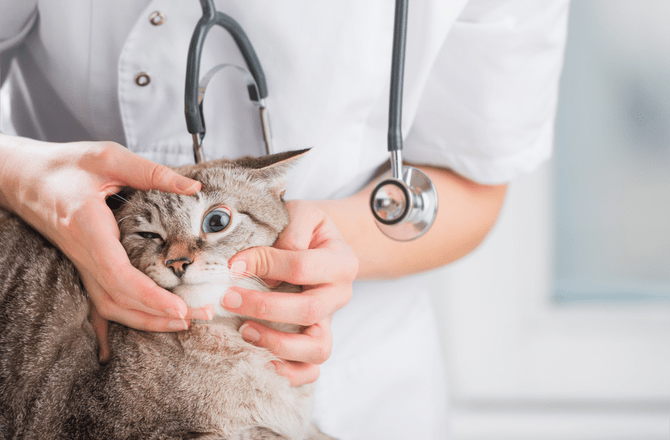Tips for Caring for and Isolating Cats with Keratitis
Keratitis, an inflammation of the cornea in cats, can be a painful and challenging condition to manage. Proper care and isolation are essential to ensure the infected cat recovers while preventing the spread of the disease to other pets. This guide provides helpful tips for managing keratitis in cats effectively.
Understand the Symptoms of Keratitis
Early detection is key to successful treatment. Look out for common signs of keratitis, which include:
- Red or swollen eyes
- Excessive tearing or discharge
- Squinting or pawing at the eyes
- Cloudiness or ulcers on the cornea
- Sensitivity to light (photophobia)
If you notice any of these symptoms, consult a veterinarian promptly for diagnosis and treatment.

Administer Medications Properly
Keratitis often requires a combination of treatments, which may include:
- Eye drops or ointments: These typically contain antibiotics, antivirals, or anti-inflammatory agents. Administer as directed by the veterinarian.
- Oral medications: In more severe cases, oral antibiotics or pain relievers may be prescribed.
- Regular cleaning: Gently clean the area around the eyes with a damp, sterile cotton pad to remove discharge.
Ensure your cat stays calm during medication administration by creating a quiet and comfortable environment. Reward them afterward to reduce stress.
Isolate the Infected Cat
Isolation is crucial if you have multiple pets, as certain types of keratitis, such as those caused by viruses like feline herpesvirus, can be highly contagious. Follow these steps:
- Designate a separate room: Choose a quiet, well-ventilated space where your cat can recover without contact with other animals.
- Provide essential supplies: Ensure the room has food, water, a litter box, and a cozy resting area.
- Limit interactions: Wash your hands thoroughly before and after handling your cat, and disinfect items that come into contact with them.
This reduces the risk of transmission and provides your cat with a stress-free recovery environment.
Support Your Cat’s Immune System
A healthy immune system can aid recovery and reduce the recurrence of keratitis. Support your cat’s overall health with the following:
- Balanced diet: Provide high-quality, nutrient-rich cat food to strengthen their immune system.
- Hydration: Ensure your cat has access to fresh water at all times.
- Supplements: Consult your vet about supplements, such as lysine, which can help manage conditions like feline herpesvirus.
- Stress management: Minimize stress by maintaining a routine, avoiding loud noises, and giving your cat plenty of affection (when appropriate).

Monitor Progress and Follow Up with Your Vet
Regular follow-ups with the veterinarian are essential to track your cat’s recovery. Inform the vet if:
- Symptoms persist or worsen.
- New symptoms develop, such as severe ulcers or changes in eye color.
- Your cat shows signs of discomfort or lethargy.
Your vet may adjust the treatment plan based on the cat’s response to initial therapies.
Conclusion
Caring for a cat with keratitis requires vigilance, patience, and dedication. By understanding the symptoms, administering medications correctly, isolating the infected cat, and providing a supportive environment, you can help your pet recover comfortably. Always follow your veterinarian’s advice and maintain regular check-ups to ensure your furry friend regains their health and vision.
More posts you might be interested in:

